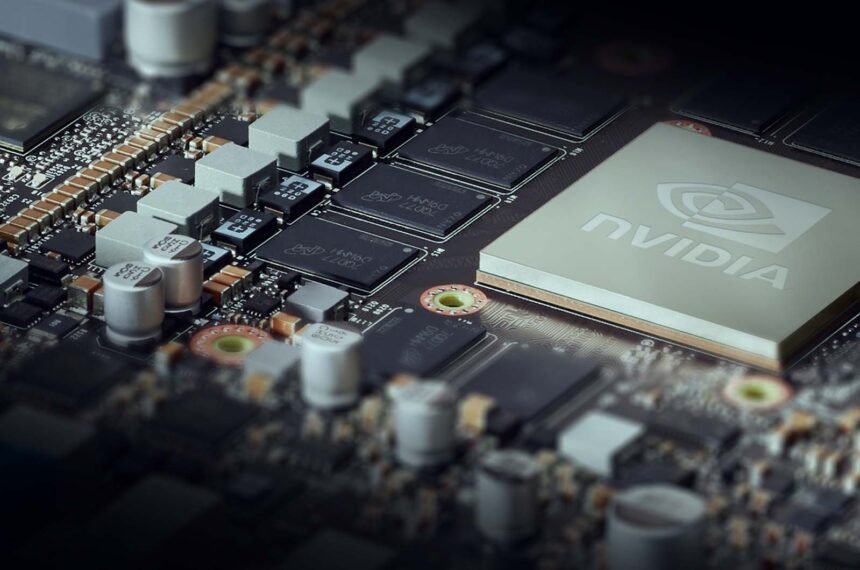The Shift Towards Software-Defined Vehicles: A Game-Changer in the Automotive Industry
Traditionally, car manufacturers would choose chips based on the price point of the vehicle they were producing. However, Tesla disrupted this approach by incorporating high-performance chips in all their cars and focusing on software development. This shift towards software-defined vehicles, similar to Apple’s strategy with iPhones, allows for continuous upgrades and improvements over the lifespan of the car.
According to industry expert Kani, established car companies initially lagged behind Tesla’s innovative approach. However, the emergence of Chinese automakers with advanced self-driving software has forced traditional manufacturers to rethink their strategies. The speed at which Chinese companies are developing and deploying new technologies poses a significant threat to competitors.
While many car makers are now talking about accelerating their development cycles to keep up with Chinese rivals, Kani notes that progress has been slow. Chinese manufacturers are known for releasing new car models every two years, while others operate on a four- to five-year cycle. This discrepancy puts non-Chinese companies at a disadvantage in terms of technological advancement.
European car manufacturers like Mercedes-Benz and Volvo have recently adopted Nvidia’s Drive AGX Orin platform for autonomous vehicles. However, the implementation process took several years for these companies, whereas Chinese clients were able to integrate the technology into production vehicles within nine months. This delayed adoption hinders European manufacturers from staying competitive in the rapidly evolving market.
Despite the launch of European cars utilizing the Orin platform such as the Volvo EX90, Nvidia has already introduced the more powerful Drive AGX Thor platform in 2022. Chinese automakers have already deployed vehicles using this advanced technology, highlighting the disparity in speed and efficiency between regions.
Overall, the shift towards software-defined vehicles and the increasing pace of technological innovation in the automotive industry underscore the importance of agility and rapid decision-making for manufacturers. Companies that can adapt quickly to emerging technologies and market trends will have a competitive edge in the evolving landscape of the automotive sector.
As technology continues to drive advancements in the automotive industry, collaboration between manufacturers and tech companies like Nvidia will be crucial in staying ahead of the curve and delivering cutting-edge vehicles to consumers.







